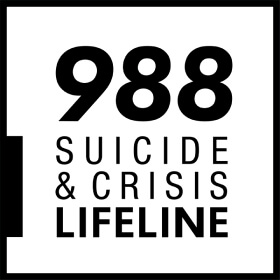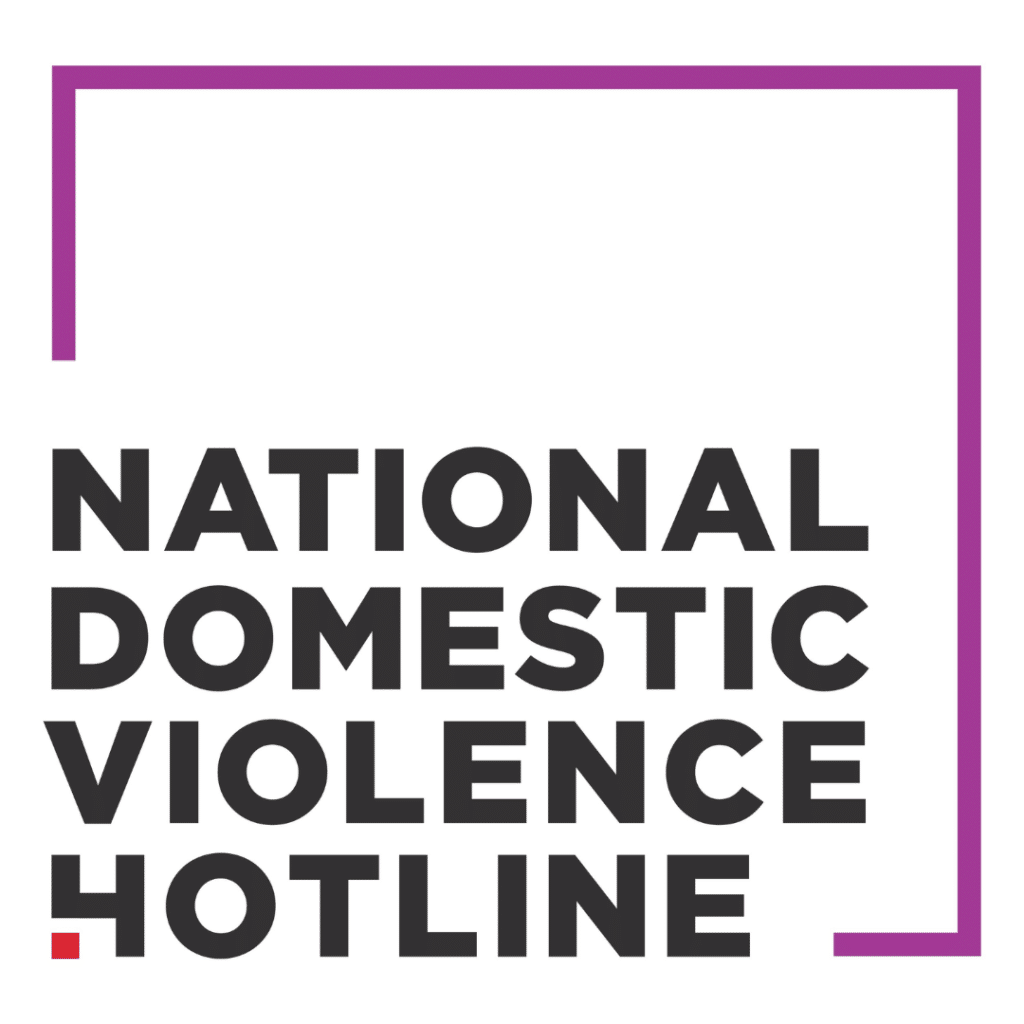Why Do People Isolate After Trauma?

Isolation can be defined as the tendency to separate oneself from others. It is common for those who have experienced a traumatic event to isolate themselves afterward. Isolation is both a byproduct of trauma, as well as a contributing factor to it, which can create a cycle of isolation and exacerbate trauma symptoms.
Social support has been shown to play a key role in recovery after trauma. Research has suggested that those who receive social support experience fewer PTSD symptoms.1 Those who are isolated before a traumatic event are less likely to have a support system, which puts them at a greater risk for developing PTSD. After a trauma, if those around them attempt to reach out to them after trauma and do not receive a response, they are less likely to continue to reach out.
If isolation can have such a negative impact on recovery after trauma, why do trauma survivors do it?
Avoiding Reminders
When people self-isolate, they are able to avoid reminders of the trauma or other potentially traumatic situations. Going out and being social is an uncontrolled environment, making the potential of facing distressing reminders of the trauma much higher than being alone. When people haven’t yet developed the skills to cope with these reminders, the potential of being exposed to them can be distressing and put them in an unsafe position.
Feeling Misunderstood
After trauma, people often feel singled-out by the world, like no one understands them. They may feel like there is something fundamentally wrong with them and they deserve to be alone. People often want to be alone because they feel so different from others that they don’t think they can relate to them or that they will understand them.
Overwhelm
Trauma is overwhelming. It can make us fatigued and we suddenly have to invest a lot of time into recovery, perhaps even legal issues, all while balancing work and/or school. These newfound responsibilities can make being social much more difficult.
Lack of Social Support
Sometimes, isolation after trauma may not be a choice they made by themselves. They may have had negative experiences with friends or family in relation to their PTSD or trauma, leaving them with no one in their support system. Speaking out against a perpetrator of sexual violence can often cause a divide to form in a family, social circle, or community, causing others to ostracize the survivor.
Low Self-Image
When people have low confidence, being social is much harder. After experiencing trauma, people tend to view themselves as damaged or somehow responsible. They can feel embarrassed about their trauma, even if those around them don’t know.
Absence of Self
One symptom of trauma is depersonalization, or detachment within the self, regarding one’s mind or body, or being a detached observer of oneself. When people feel this way, it can be hard to even remember to connect with others and make the efforts necessary to see them.
Sometimes, isolating oneself after trauma is a conscious decision, while other times, it isn’t. Regardless, feelings of detachment from oneself and others after trauma is normal and valid. People aren’t failures and they aren’t responsible for their own suffering if they isolate after trauma. However, trauma survivors deserve full lives where they are connected to others who love and care for them. As they heal from trauma, part of recovery involves fostering those connections that make them feel safe and fulfilled.
Sources
- Stanley IH, Hom MA, Chu C, Dougherty SP, Gallyer AJ, Spencer-Thomas S, Shelef L, Fruchter E, Comtois KA, Gutierrez PM, Sachs-Ericsson NJ, & Joiner TE (2019). Perceptions of belongingness and social support attenuate PTSD symptom severity among fire-fighters: A multistudy investigation. Psychological Services, 16(4), 543–555. 10.1037/ser0000240

988 Suicide and Crisis Lifeline
988 Lifeline is a national network of local crisis centers that provides free and confidential emotional support to people in suicidal crisis or emotional distress 24 hours a day, 7 days a week in the United States. We’re committed to improving crisis services and advancing suicide prevention by empowering individuals, advancing professional best practices, and building awareness.

National Sexual Assault Hotline
RAINN is the nation’s largest anti-sexual violence organization. RAINN created and operates the National Sexual Assault Hotline in partnership with more than 1,000 local sexual assault service providers across the country.
Phone: 800-656-4673
Chat: Click here to chat

VictimConnect Resource Center
VictimConnect is a referral helpline where ALL crime victims can learn about their rights and options confidentially and compassionately.
Phone and text: 855-4-VICTIM
Online chat: Monday-Friday from 9am to 5pm EST



